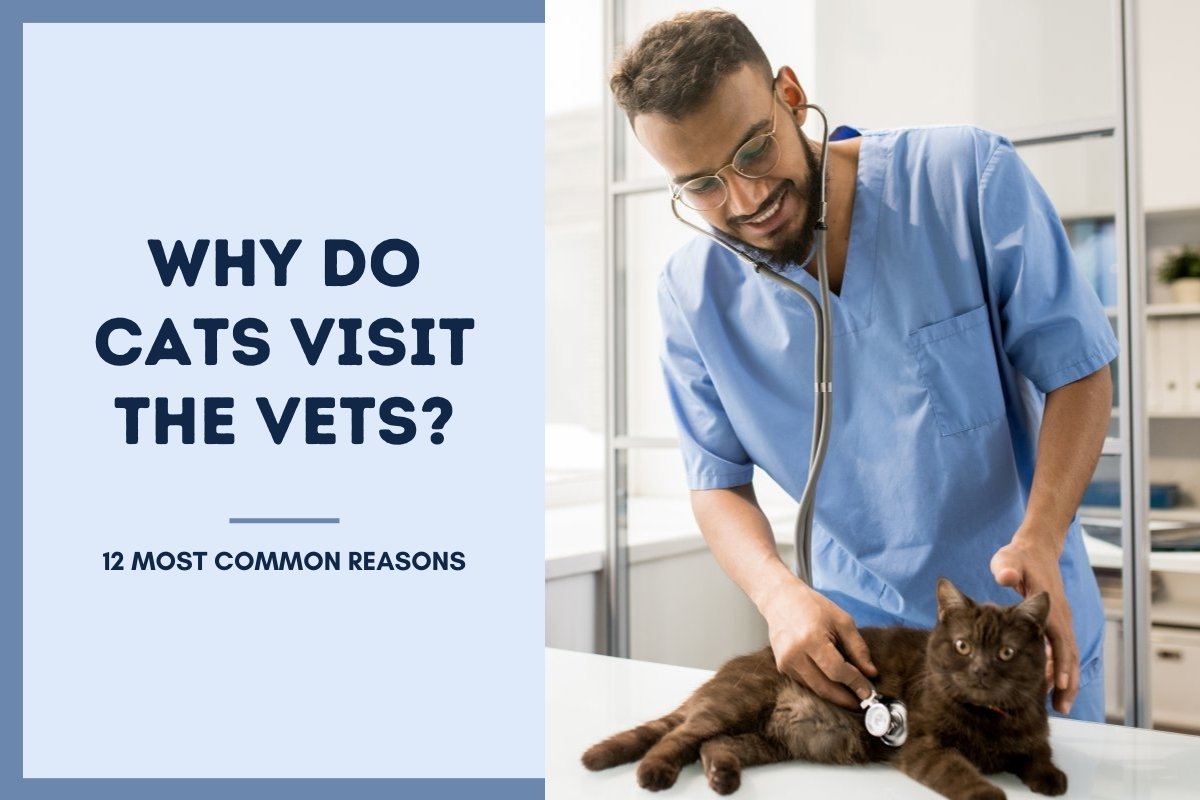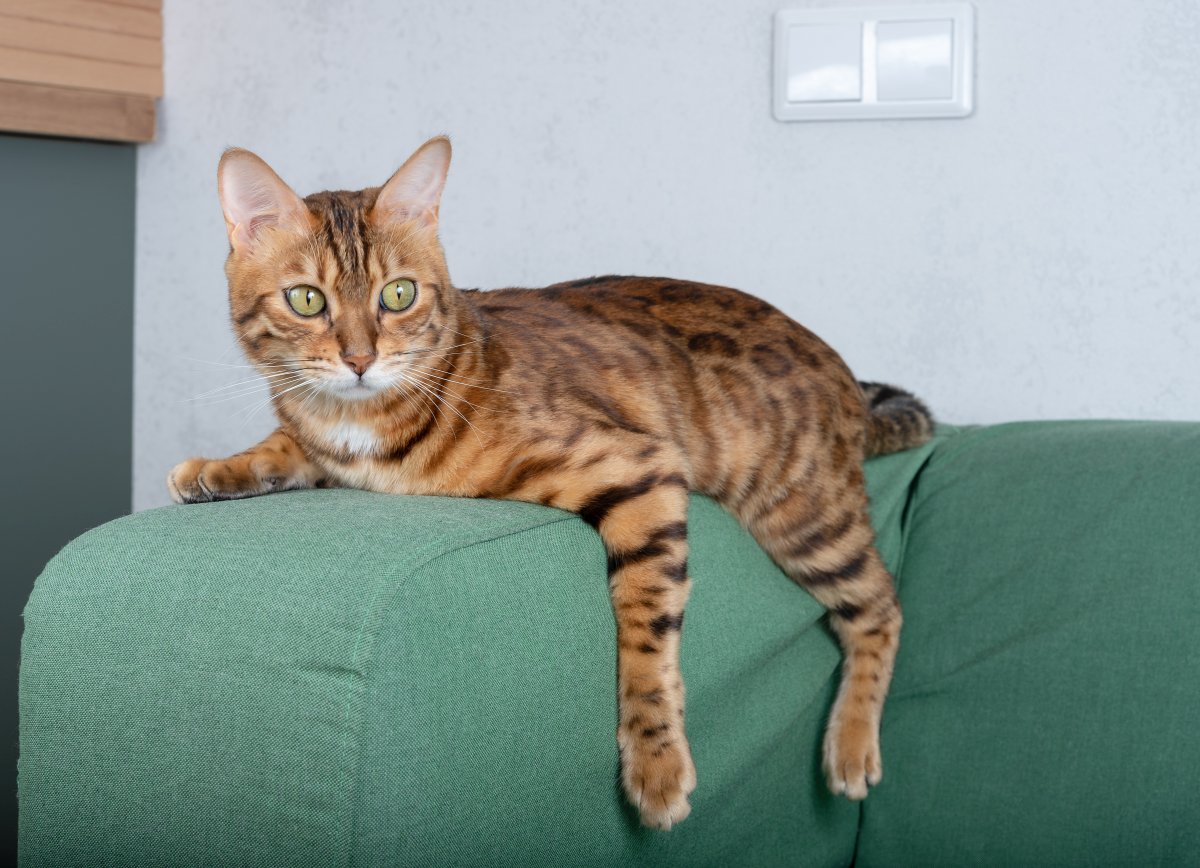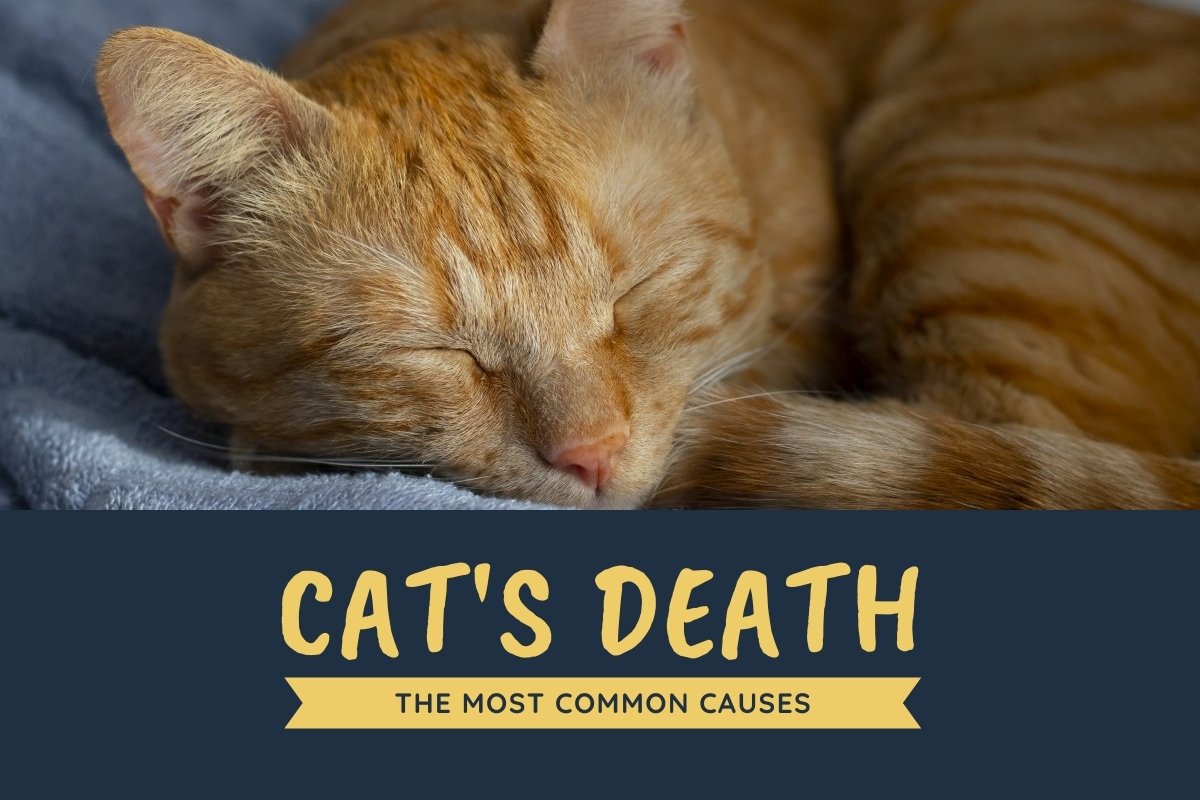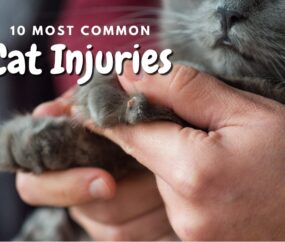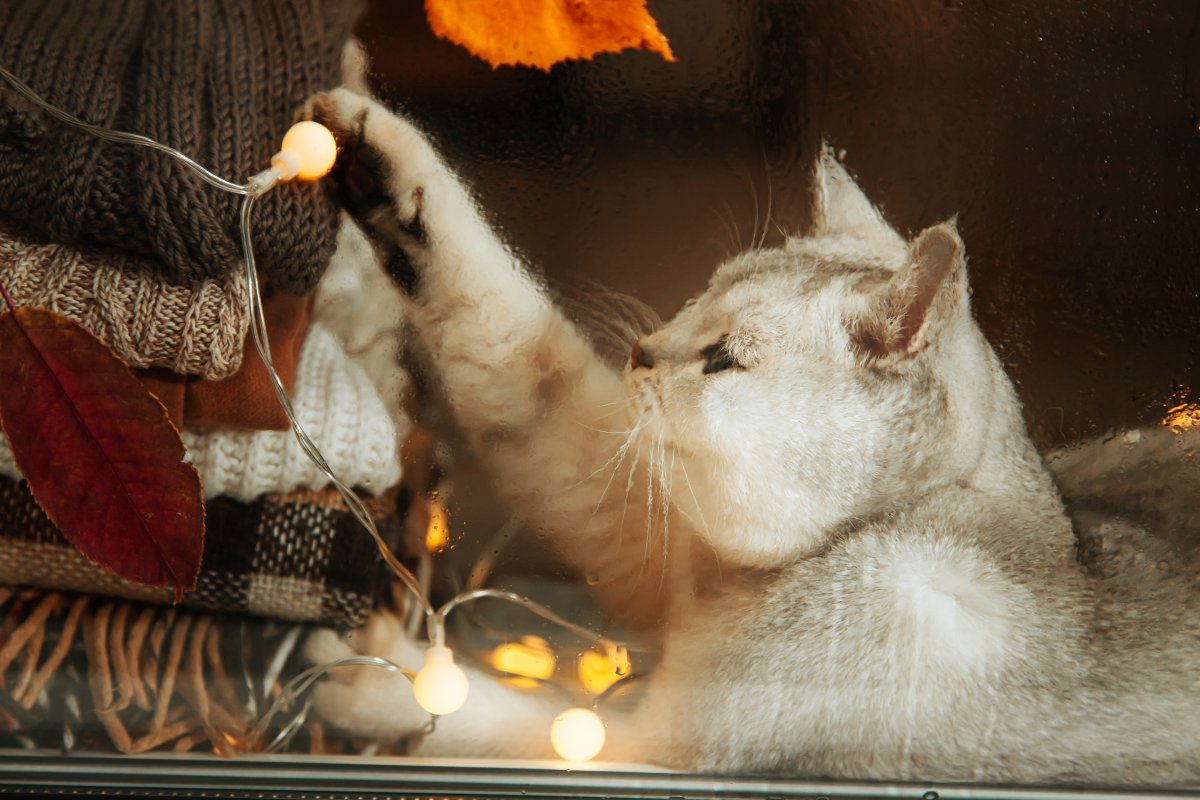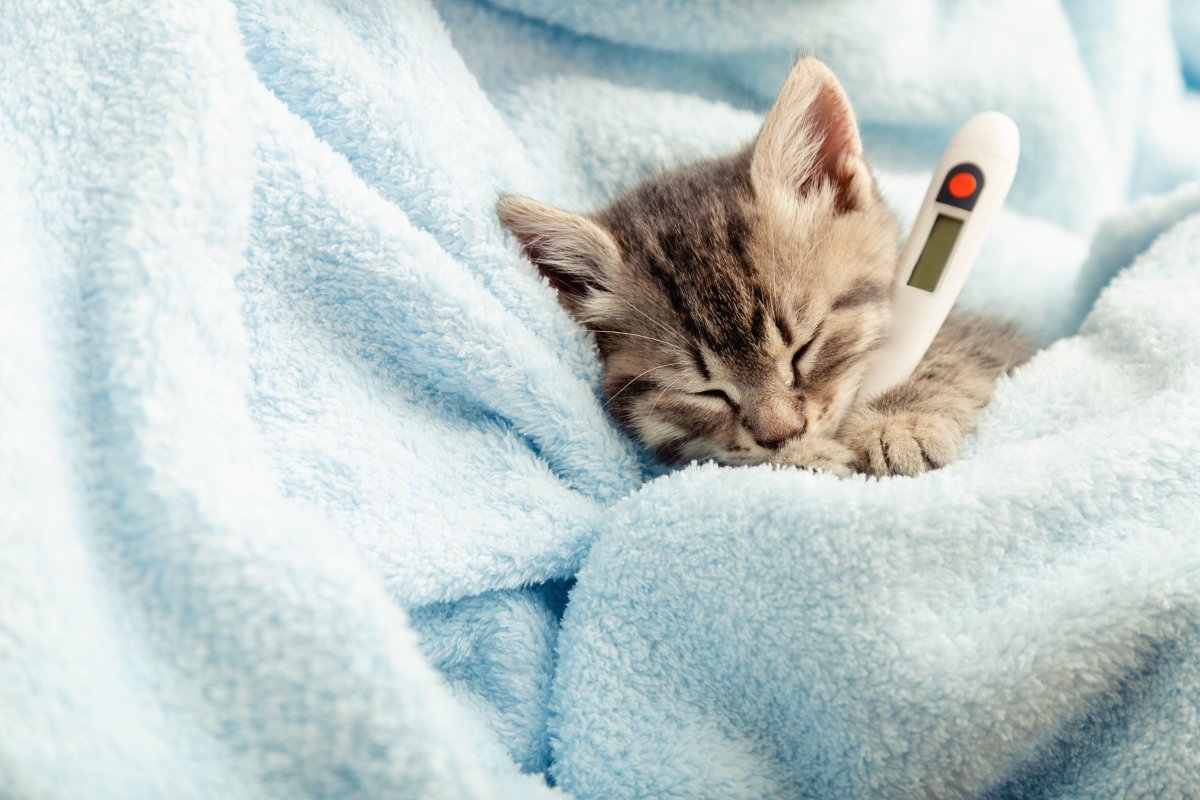If your cat is jumping or rolling on the floor, you might think that she is in healthy condition. However, our feline animals do get some medical problems, and some of these problems are more common than we think.
Cats are experts in hiding their pain; they will never express their illness. Instead, they expect their owners to determine their health conditions.
For this, responsible pet owners should take their pet cats to the vet, not because it is necessary, but to diagnose early symptoms if your cat is going through any disease.
We have covered a list of the 12 most common reasons cats visit vets; give them a read to watch for or prevent the following causes of illness or disease in your kitty!
1. Skin Allergies
Skin allergies are a severe problem that cat owners mostly suspect in their cats. Cats with skin allergies often have bald red spots, often licking their itchy areas. These signs are something that should be taken seriously!
There are several reasons why cats get skin problems, such as seasonal allergies, food sensitivities, and even fungal infections.
If your cat suffers from skin allergies, don’t let her lick the problem area. Make an appointment with your vet for the recommendation and medication.
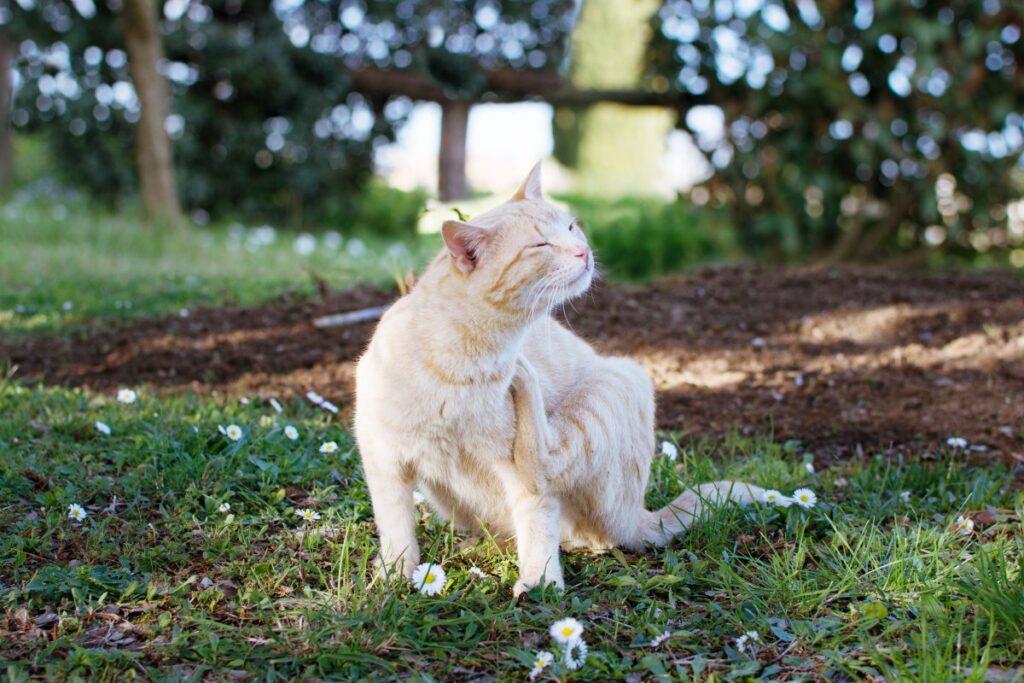
2. Hyperthyroidism
Hyperthyroidism is more common in senior cats. Even if cats eat healthy food, this disease causes weight loss in them, resulting in comorbidities such as renal failure. Hyperthyroidism treatment can be more effective if it is detected earlier.
So treat this condition, and get your cat regularly monitored by a vet for warning signs.
3. Kidney Disease
Kidney disease is prevalent in senior cats, also known as renal failure. Its symptoms usually include more thirst and less urination. The earlier you catch the signs of the disease, the more successful the treatment is.
Kidneys perform many essential functions that play a vital role in promoting your cat’s health. Therefore, consult a vet immediately if you suspect your cat shows signs of dehydration, weakness, or weight loss.
Also, if your cat is more than ten years old, evaluate her condition by a vet twice a year. Ask your vet for advice on special food and supplements designed to fight off kidney disease in your cat.
4. Gastrointestinal Issues
An upset tummy is an obvious sign that something is bothering your cat. The gastrointestinal issue usually involves the signs of vomiting, diarrhea, digestive disturbance, and constipation. Also, from food sensitivity to a parasitic worm, many reasons cause your cat to suffer from GI distress.
Keep toxic substances away from your cat’s reach. If you think that your cat’s regular diet is causing a problem, then discuss it with your vet before making any sudden changes in its diet.
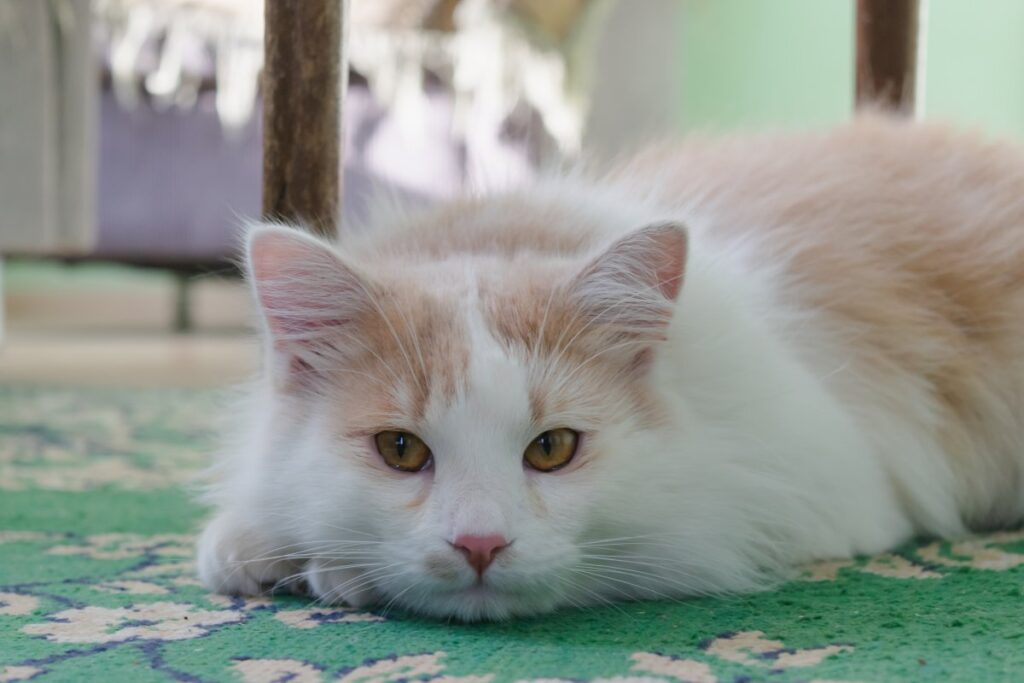
5. FLUTD
Feline Lower Urinary Tract Disease, or FLUTD, is a prevalent urinary infection in cats, and this infection is hard to diagnose without a urine test. Urinary stones and urethral obstruction are also types of FLUTD that severely affect pet cats.
If your cat is strained to urinate, producing little urine, or urinating outside the litter box, it could signify feline urinary tract disorder.
Be sure to provide your cat with adequate fresh water. Clean and empty the litter box daily to regularly encourage daily usage of the bathroom.
6. Periodontitis
Periodontitis is a common disease in cats over 4 years old. The signs of this disease are apparent such as bleeding gums and tooth discoloration. Lack of appetite, drooling, and lousy breath drive concerned cat owners to the vet to discover if their cats have any gum disease.
To prevent your cat from dental disease, brush your feline friend’s teeth daily to prevent your cat from dental disease.
7. Declawing
This might not be a serious problem, but it’s the number one reason cat owners take their cats to the vet.
Cats have a natural habit of scratching; they always end up scratching their owners’ favorite furniture or sofa. Undoubtedly, it is annoying because replacing multiple pieces of furniture or sofa is hectic and pricey. This is why so many pet owners choose to declaw their cats partially. Some believe this practice is unnecessary and inhumane because scratching is in a cat’s genes.
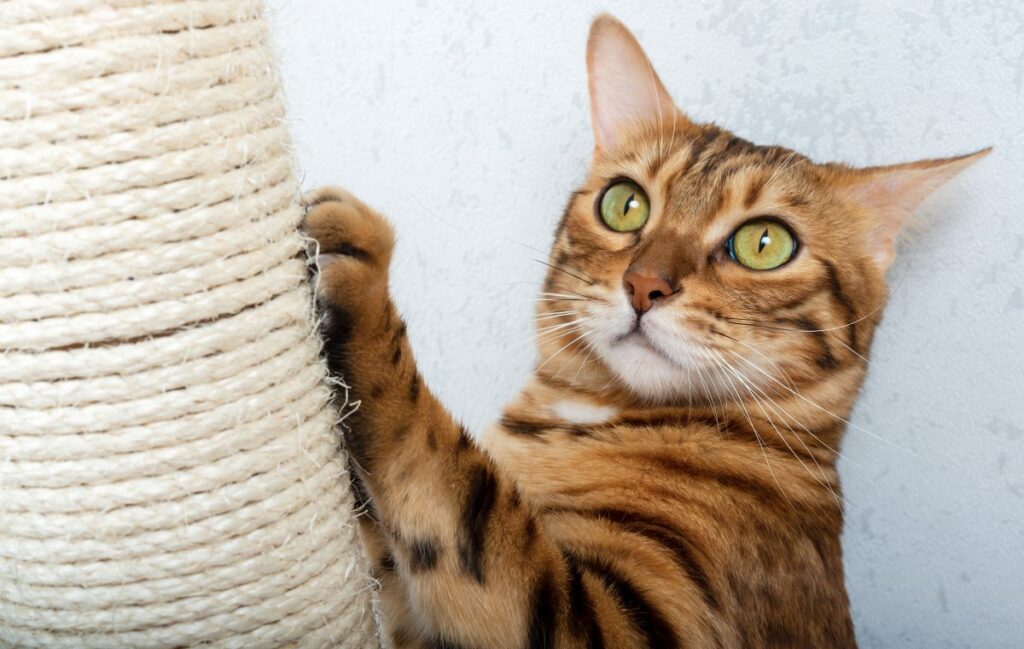
If you want to prevent your cat from scratching your precious furniture, bring her scratching posts. Scratching posts help your cat explore endless opportunities to play, scratch and relax.
8. Poison
The fact is that many cat parents bring their cats to animal medical centers because their cats have been poisoned; most cases are accidental. Cats can easily get into poison when they ingest some creature such as rats; sadly, this can lead to death. If your cat shows some unusual, strange behavior, take her to the medical center as a veterinarian can help her get rid of poison from her digestion system.
9. Toxicity
Cats like to get into things that make them curious such as houseplants, chemicals, and toxic food. When they come in contact with these toxic substances, they get toxic. An infected rat with poison can also harm your cat. If your cat has the best hunting skills, avoid using poison to treat pest issues.
10. Ringworm
Ringworm is common in stray cats and can be annoying because of its contamination from one cat to another cat. If your cat has hair loss, especially on her ears and paw, and lesions with a round pattern, you should see your veterinarian immediately.
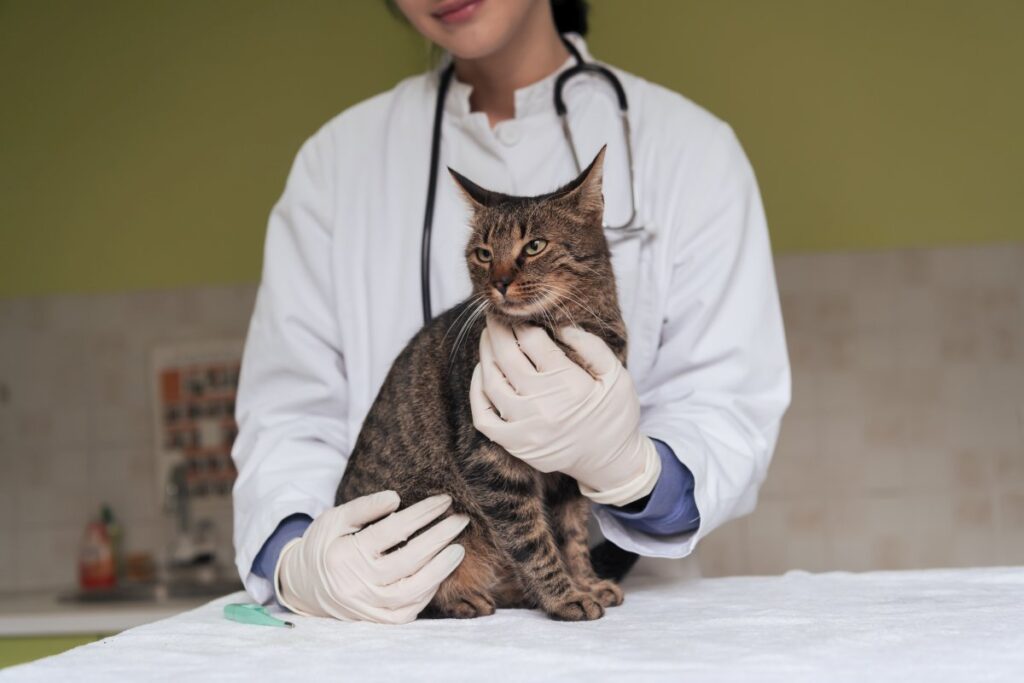
11. Spaying or Neutering
Millions of felines don’t have homes and shelter, so getting your cat neutered or spayed is a wise, responsible action to avoid unwanted kittens. It is especially true if you have more than one cat in your home or if your cat stays both indoors and outdoors.
12. Obstruction
Cats are commonly seen in emergency rooms because they eat things like hairballs or ribbons, which cause obstructions in their throat, intestines, and stomach; if you notice any of these symptoms, such as diarrhea, lethargy, vomiting or loss of appetite, rush to the vet immediately.
Wrapping Up
Cats belong to the wild animal category, and they do not like to show up with illness or injury. Therefore, in this article, we’ve summed up some common reasons behind cat disease that will help you know why cats visit the vet.
If your cat ever comes in contact with the above disease, then never delay taking her to the professionals because an early diagnosis and treatment can prevent your cat from many severe health conditions.

